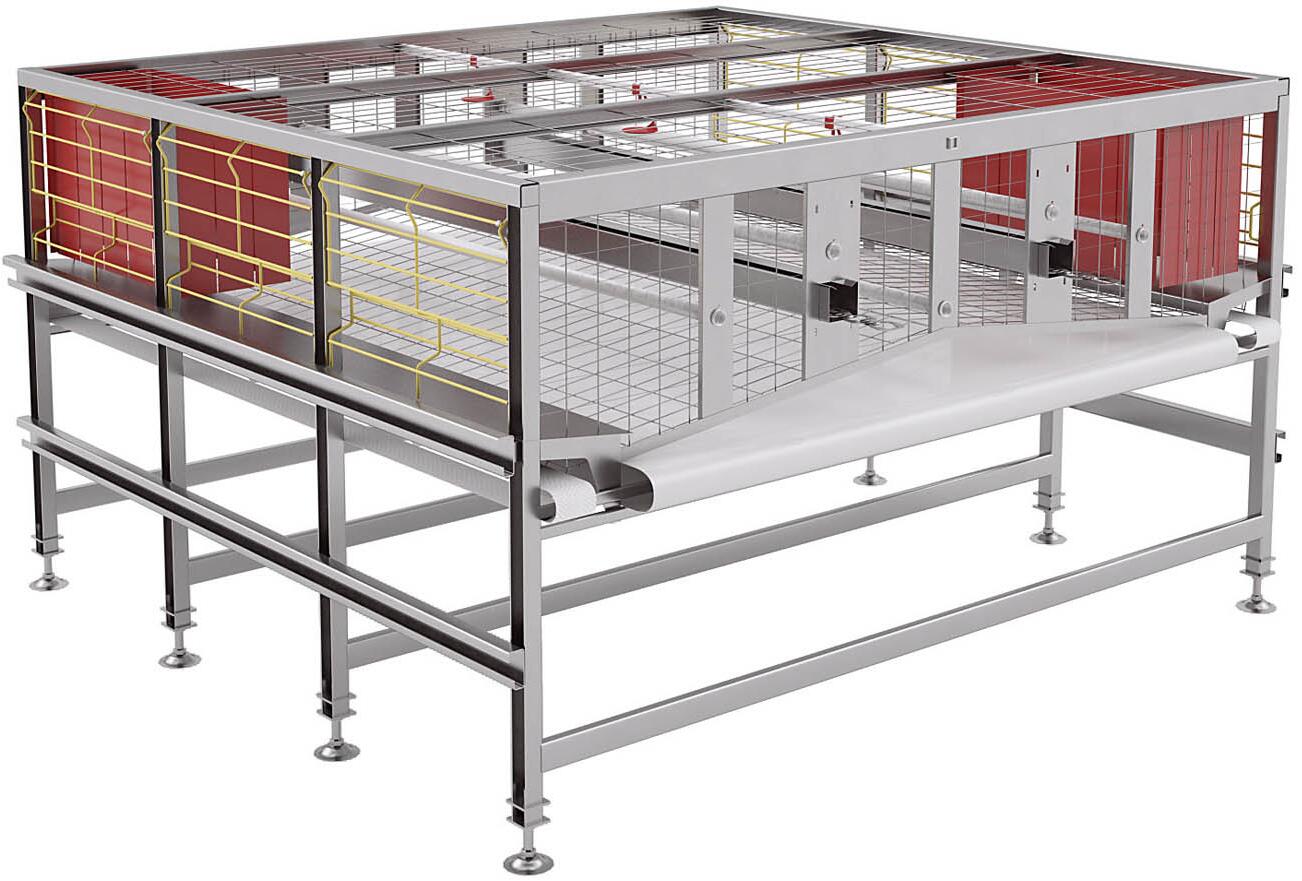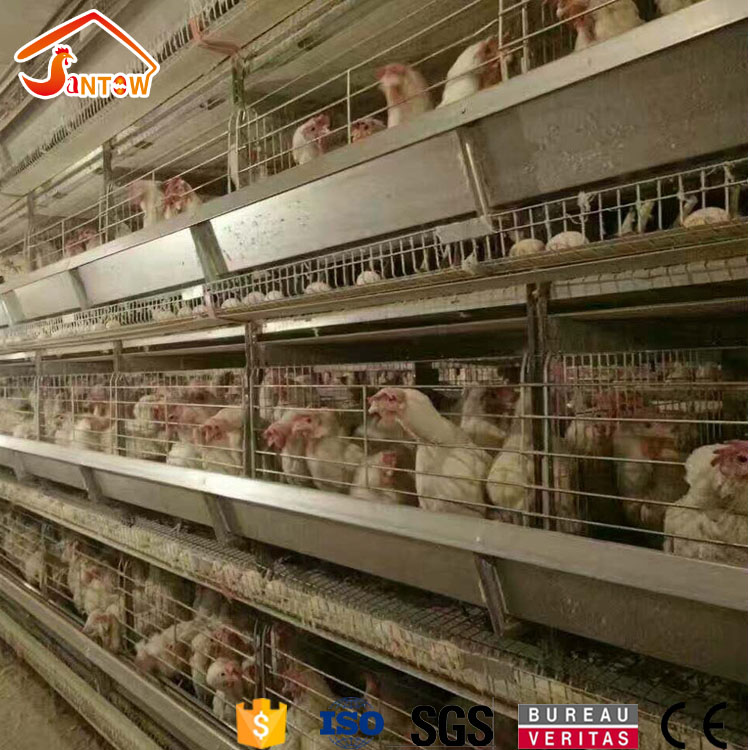

PRODUCT
CONTACT US
ZhengZhou Santow Agro Equipment Co., Ltd
Hotline:+86-371-5598 1030
Fax:+86-371-5598 1030
Phone:+86-187 6889 2838
Mail: sales@santow-agro.com
Does 'cage-free' mean a better life for chickens?
It's not a clear choice which of the possible living conditions for egg-laying hens -- enriched cages,
cage-free systems, free-range setups -- serve them the best. Well, some Extrimists are ready to ban
the battery cage in US and Europe.
Judging from Economy, egg producers will not bear the expense of continuing to feed hens after
they have gotten too old to lay eggs. When the rate of lay declines, it is quite normal that chicken
houses are "depopulated," meaning birds are sold, removed, or killed,
What's best for the hens?
Egg production has been a key target of animal welfare initiatives because at one time layers were so
crowded that they literally had to stand on top of one another in the wire cages used by the modern
egg industry. We can't be sure these stocking densities have been entirely eliminated, but the vast
majority of table eggs today come from chickens that have at least enough space to stand on the floor
of their cage.
Also Read: Why can we reduce farming cost with chicken cage?
By 2010, a consensus emerged among producers and some activists for moving to much larger cages
that provided opportunities for most of chickens' natural behaviors -- the so-called enriched or colony
cage. From the producer perspective, enriched cages represented the best compromise between slightly
higher costs and improved welfare for hens.

Also Read: Deep litter or cage system? Which gives the most profit on investment?
Out of the cage, into the fire
Cage-free and free-range systems clearly do a better job of allowing hens to express behaviors that are
similar to wild jungle fowl. They can move around, and they have better opportunities for scratching,
dust bathing and foraging. However, in comparison to enriched cages, hens in cage-free and free-range
facilities suffer injuries simply because they move around more. Access to the outdoors often means that
predators also have access to hens, and some are inevitably taken by hawks, foxes or the like.
Further complicating the "freedom" of cage-free and free-range enclosures, hens will peck one another
in an effort to establish a dominance order. In small groups, this behavior generally recedes. But in flocks
of 10,000-100,000 or more chickens, the least dominant birds can be subjected to so much pecking from
other hens that their welfare is clearly worse than it would be in an enriched cage.

Also Read: Africa: You Can Do So Much With Chicken Manure
How to satisfy our appetite for meat without ruining the planet
Egg producers limit the damage that birds can do to each other by trimming off the sharp tip of their beak .
Even still, higher mortality from pecking gets treated as a cost of business in cage-free production facilities.
So do chickens benefit from more space, and should we turn them out of their cages? If we are trying to
help them live a more natural kind of existence, then maybe we should. If we are interested in limiting the
injuries they suffer from being pecked by other birds, as well as from getting hunted and killed by hawks,
dogs and other predators, maybe not.
But please think about the good ventilation, and suitable temperature, also sufficient chicken food, egg
producers offered to chickens in the chicken house.
Read Original Passage: Does 'cage-free' mean a better life for chickens?